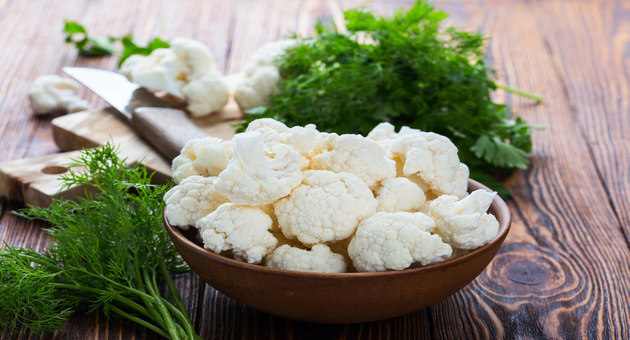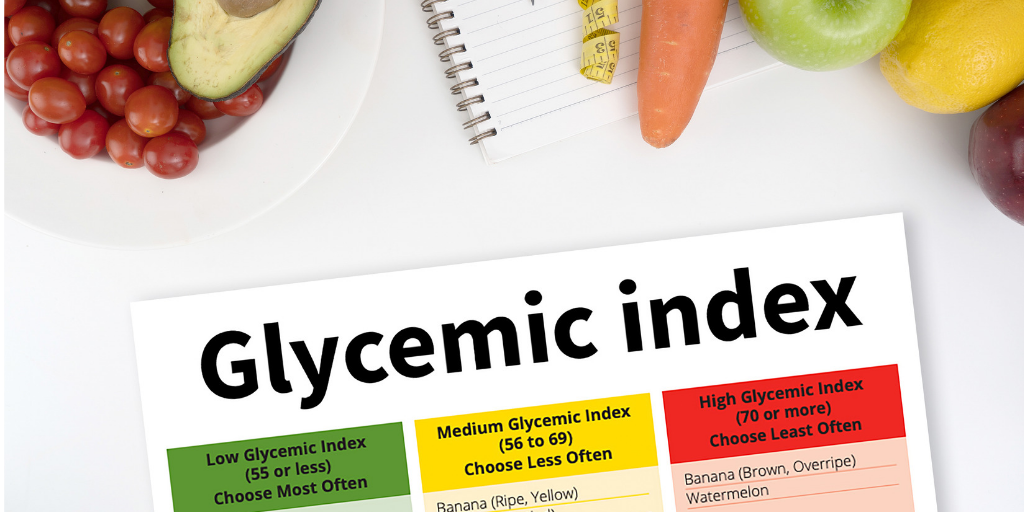Are you raising a vegetarian grade schooler or teen? Are you worried they may not be getting all the necessary nutrients? There are ways to make sure that your child receives enough protein, calcium and iron for optimal growth and nutrition.
Look at Proteins
All plant proteins contain essential amino acids. These are the amino acids that our body cannot produce, and which must be consumed over the course of the day to complete our protein intake. While it was once believed that vegetarians had to consume “incomplete proteins” together at one meal — such as rice and beans for lunch — we now know that various proteins can be consumed over the course of a whole day for an optimal amino acid profile. So the rice consumed at lunch can still match up with the beans consumed at dinner.
Soy products, such as tofu, as well as nuts, seeds, beans and peas are examples of plant-based protein foods. Vegetables and whole grains contribute varying amounts of protein to meals and snacks, as well as dietary fiber. Some vegetarians may choose to include eggs and dairy products, like low-fat milk, yogurt and cheese which also contain protein.
Vegetarian children and adults often meet or exceed their protein needs. However, individuals that are very active or don’t eat enough throughout the day may be at risk for not getting all the nutrients they need. Many children and teens do well with an eating plan that has five or six smaller meals or snacks a day. Ideally, each of these mini-meals should have a source of protein, like beans, cheese, low-fat yogurt, nuts or seeds.
Calcium Sources
For vegetarians who consume them, dairy products such as low-fat milk and yogurt are often excellent sources of calcium, which is needed for optimal bone development. Other calcium-containing options include green leafy vegetables such as collard greens, kale, mustard greens, bok choy and broccoli, as well as fortified foods and beverages, like some breakfast cereals and soy milk.
Sources of Iron
Plant and animal foods can both provide iron. Plant sources may not always be as well absorbed as those from animal sources, so care must be taken to emphasize good sources such as lentils and beans, spinach, iron-enriched breads and cereals, and tempeh and soybeans. Pairing these foods with good sources of vitamins C, such as citrus fruits, strawberries, peppers and tomatoes improves plant iron absorption..


